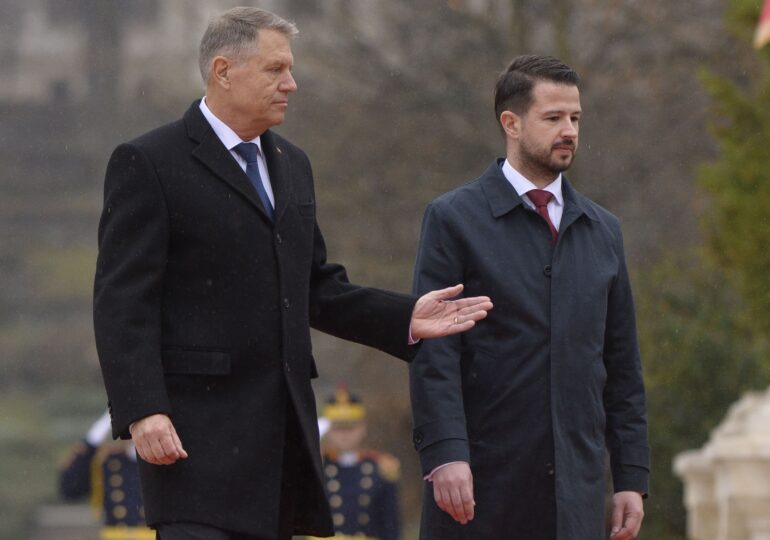NATO is at an impasse. The official announcement of the candidacy made by Klaus Iohannis ten days ago has opened Pandora’s box within the alliance. A problem that seemed resolved through the assumption made by Mark Rutte, the Prime Minister of the Netherlands, supported by all the major military forces of the alliance, has become complicated following the revolt of the Eastern member states.
The confusion is evident in the reluctance to discuss the subject shown by both the USA and the United Kingdom, France, and Germany, after the entry of the President of Romania into the race.
Klaus Iohannis does not have the support of all Eastern European countries. The Baltic states are not on his side; most likely, they are promoting Kaja Kallas, the Prime Minister of Estonia, who is engaged in an intense promotional campaign.
However, Iohannis' entry into the race has brought about a change. It has allowed representatives of member states to openly oppose Rutte, as the Prime Minister of the Netherlands has an issue with Eastern Europeans and is not desired by them to lead the alliance.
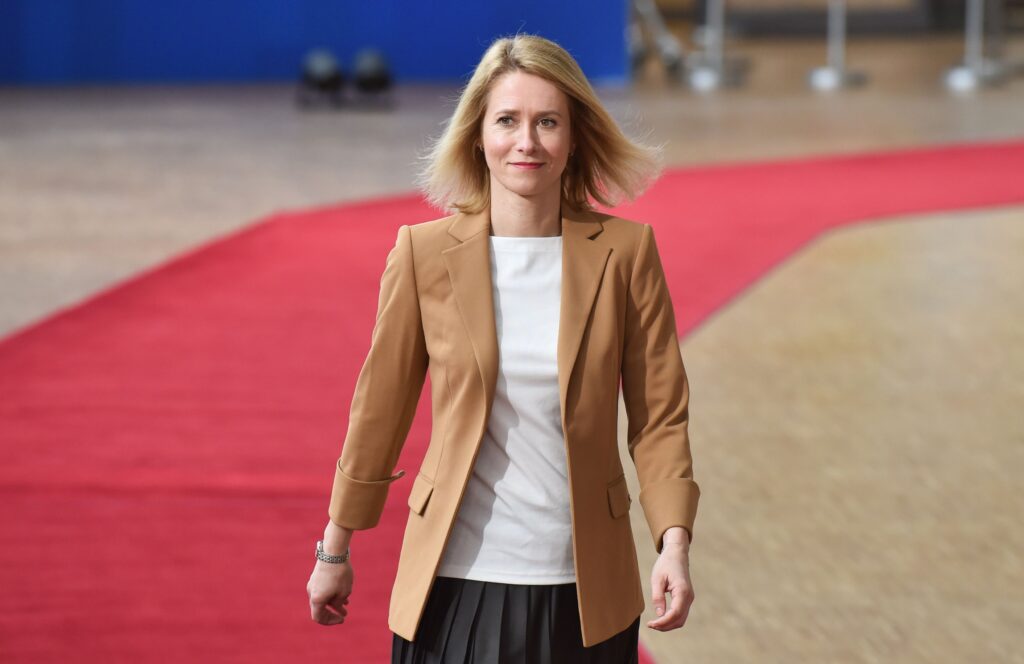
Geography and History
The President of Romania, according to sources, has gained the support of leaders from Central and Eastern Europe, such as that of Slovenia, or that of Montenegro, the president of this country having visited Bucharest in March, but it is far from significant support.
Nevertheless, Iohannis' entry into the race has raised questions about Rutte's candidacy, and the fact that member states near the war triggered by Russia want a leader from the East in the alliance could be a message that has been assimilated by the major military powers.
"As it is an atypical competition, I don't think it is my role to say about the other competitor how he will act and what he will do, but I believe that what sets us apart is geography, history, and certainly, there are some issues where our approaches, both very constructive, are slightly different regarding the future of NATO," stated Klaus Iohannis in a press conference held in Brussels, before the start of the European Council.
The President of Romania, by highlighting the geographical and historical differences between the two candidacies, is referring precisely to this revolt of the Eastern European states, threatened by Russian imperialism, demanding greater attention from NATO's major military powers.
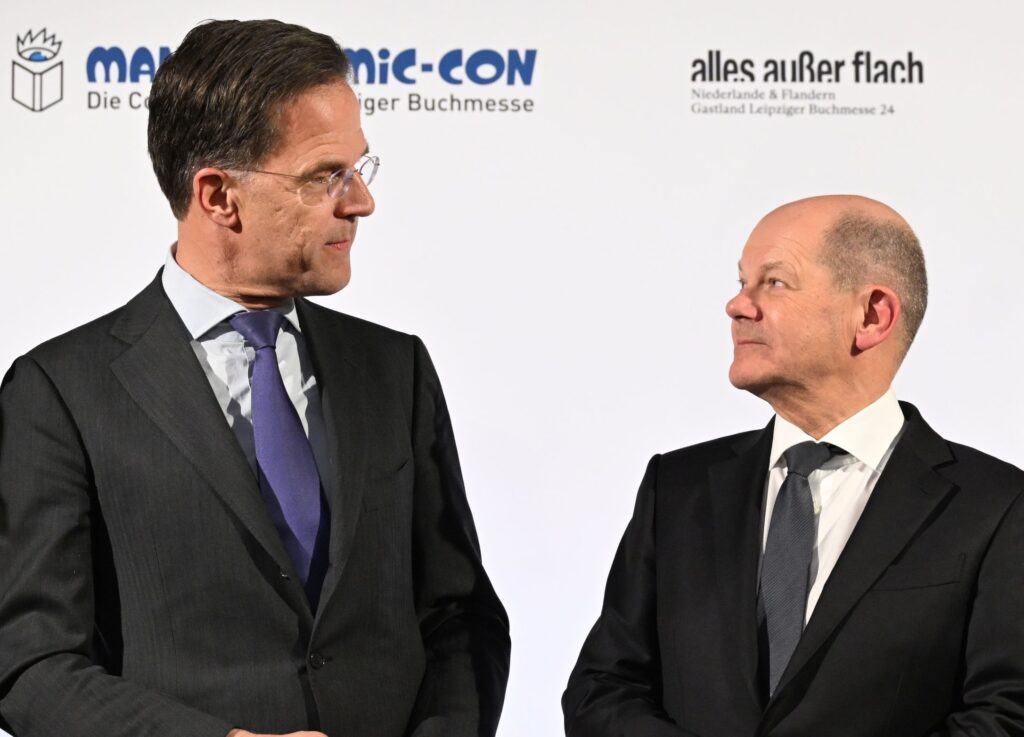
Funds for Armament Are in the East
Iohannis' chances of leading the alliance are now higher than when the candidacy was announced, but he has not managed to secure decisive support, for instance from the USA.
Negotiations are accelerating, and in the coming weeks, a decision will be made, as the alliance needs to transition to new leadership before the summit to be held in Washington in July.
On March 22, an official NATO report announced that, in reality, Romania only spent 1.6% of GDP on defense and not the pledged 2%.
The significant discrepancy between what was promised by the government and what was achieved could jeopardize Iohannis' candidacy.
Moreover, it must be considered that leaders of Eastern European countries have the necessary popular support, due to the war, to increase military spending, and in the upcoming years, the armed forces in this region will develop rapidly.
Representatives of defense industry companies are facing a huge market and financial resources that were not available two years ago when no one believed Putin would invade Ukraine, involving hundreds of billions of euros annually.
A Major Political Shift
Klaus Iohannis did not launch the campaign for the NATO leadership unaware that he was entering the race with the second or even third chance. His main objective is to maintain his political influence over the PNL-PSD coalition throughout this year, without being sidelined by the end of his presidential term.
He could achieve this in only one way, by aiming for a position in Euro-Atlantic leadership structures.
He capitalized on the fact that Romania has been politically stable since the beginning of the crisis in Ukraine, with no internal tensions, our country has provided consistent support to Kyiv, and the economy has not collapsed, although it has been severely affected by the war.
With these advantages in hand and a well-managed image campaign, even though he lost credibility in the eyes of the domestic public, he maintained credibility with external partners, preserving his authority and influence over Marcel Ciolacu, the President of the PSD, and Nicolae Ciucă, the leader of the PNL.
Iohannis changed the way Romanian presidents related to parties, their leaders, and how parliamentary majorities are formed.
He blurred ideological boundaries, disregarded the 2020 voters' choice, and forced an alliance between the PSD and PNL, formations that have clashed over the past decade.
Through underground actions, minimizing his contact with public opinion, Iohannis focused, in his second term, on exerting informal control over the leaders and representatives of the main political formations.
Through the Maze
The chances of becoming the new NATO Secretary General are uncertain, but certainly, the candidacy and the buzz surrounding it help him remain at the forefront of Romanian politics.
If he loses the leadership of the alliance, he will return to negotiations for a leadership position within the European Union, thus remaining in the public eye even after the European parliamentary elections, with the story ending close to the September presidential elections, by which time all the games regarding candidacies will have already been played out.
The change in the date of the election for the future head of state is once again a decision made in the laboratories of the Cotroceni Palace, giving Iohannis the opportunity to have the final say regarding the nomination of his successor.
The President of Romania has devised a plan by which he hopes to avoid any surprises, and his exit from the stage will occur without being exposed to scandals, attacks from political leaders, or possible legal actions.
But all this convoluted maze, thought by Iohannis, could collapse in June, through the will and action of the voters, when a possible failure of the PSD-PNL alliance in several key races in major cities and a result below expectations in the European parliamentary elections will reset the entire political scene.
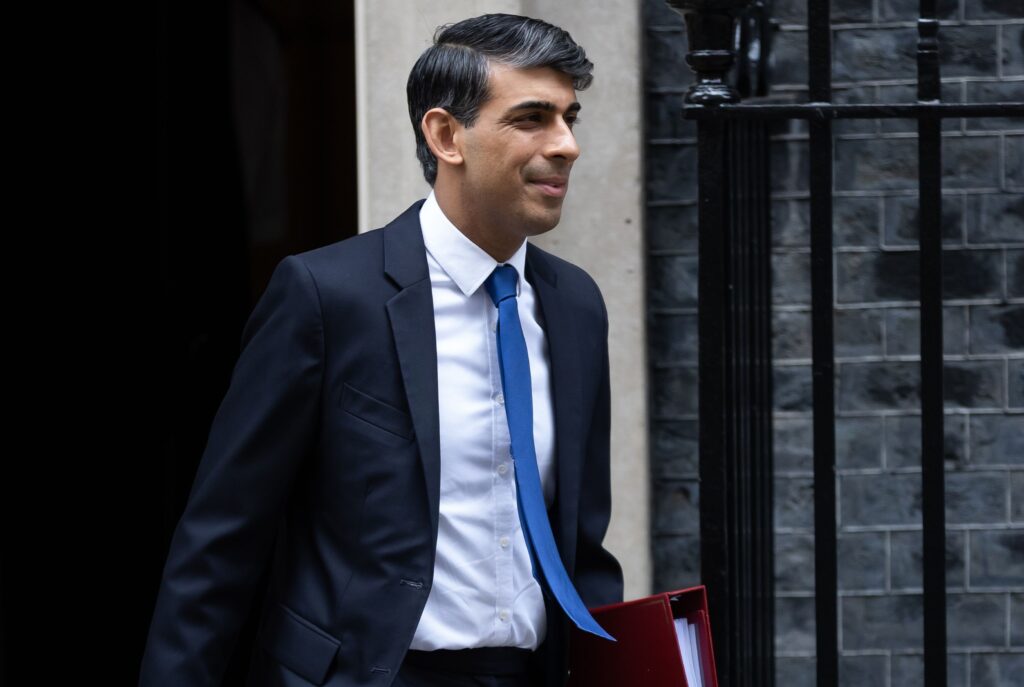
"NATO is the cornerstone of our collective defense, and we pay tribute to Jens Stoltenberg for his leadership over the past nine years.
From the United Kingdom's perspective, we desire a candidate who will keep NATO strong and realize the alliance's NATO 2030 vision.
The United Kingdom supports Dutch Prime Minister Mark Rutte to succeed Jens Stoltenberg as NATO Secretary General.
He is highly respected within the alliance, has a serious reputation in defense and security, and will ensure that the alliance remains strong and prepared to defend and deter."
Klaus Iohannis, his program for leading NATO:
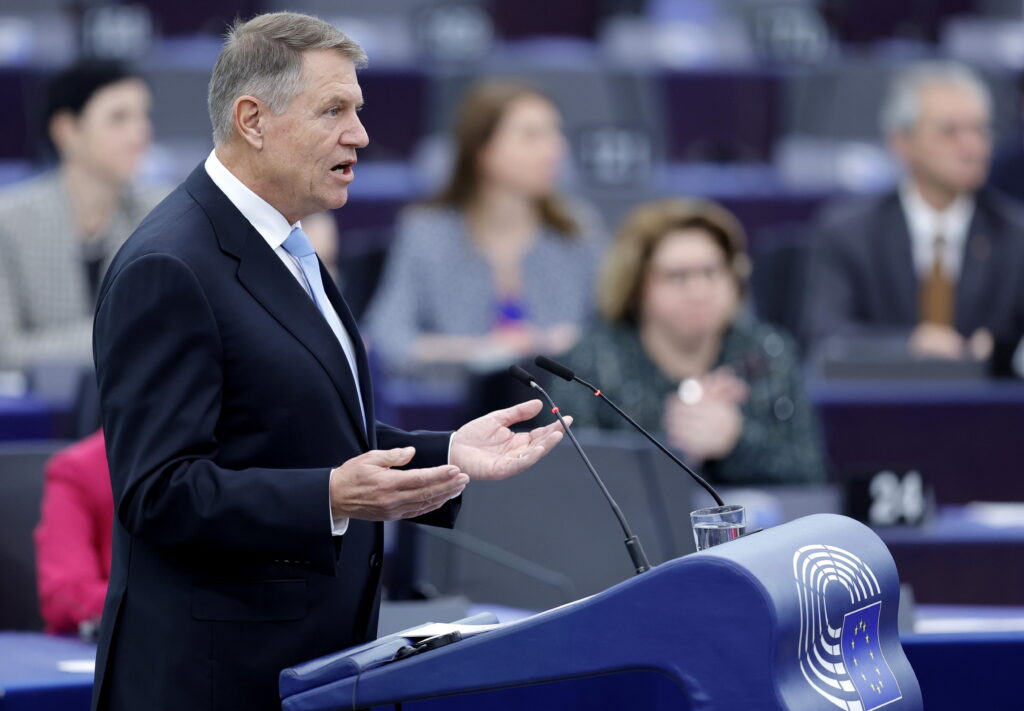
"...nothing is more important today than ensuring that Ukraine prevails in its existential fight, and we can do this by providing all necessary support, no matter how long it takes. We also have the moral, political, and strategic obligation to ensure that Ukraine consistently progresses on its path towards future NATO membership, as well as towards accession to the European Union."

